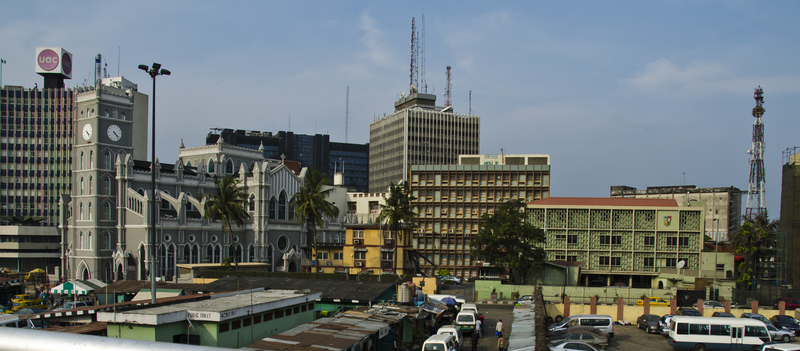Nigeria might be losing trillions of naira to the non-review and non-domestication of its national building code. The loss includes the cost of rescue operations and deployment of emergency equipment during building collapse, and the cost of building materials, and treatment of injuries.
Besides, over 309 deaths, preventable by a functional building code, have been reported following structural collapse in the last 10 years.
What is currently regarded as a national building code was bequeathed to the country by colonialists and is no longer applicable for modern-day construction.
A building code, also known as building control or building regulation, is a set of rules specifying standards for constructed objects such as buildings and non-building structures.
Construction experts said the absence of an acceptable national building code explains why there are substandard constructions and recurring building collapse in the country.
Read Also: Nigeria loses 22mb of crude oil in 6 months – Gov. Obaseki
A survey of reported collapses in selected Nigerian cities between 2009 and 2019 shows that over 57 buildings and structures caved in. Another survey carried out in 2015 shows that an average of 27 buildings gave way within 14 months. Of these, 175 deaths occurred while 427 persons were injured.
A further breakdown of the survey shows that 17 of the incidents involved residential areas. An estimated death toll of 44 lives was recorded. Over 60 persons were injured. Six of the cases were church buildings. The estimated death toll was 134, while about 176 persons sustained injuries. The other collapses included plazas and uncompleted buildings.
The southwest zone of the country had the highest record of building collapses within the period, with Lagos accounting for about 134 deaths and 159 cases of injury.
The average cost of erecting a bungalow, according to experts, is about N8 million. This means that for the 27 buildings that gave way in 2015, approximately N216 million was lost.

